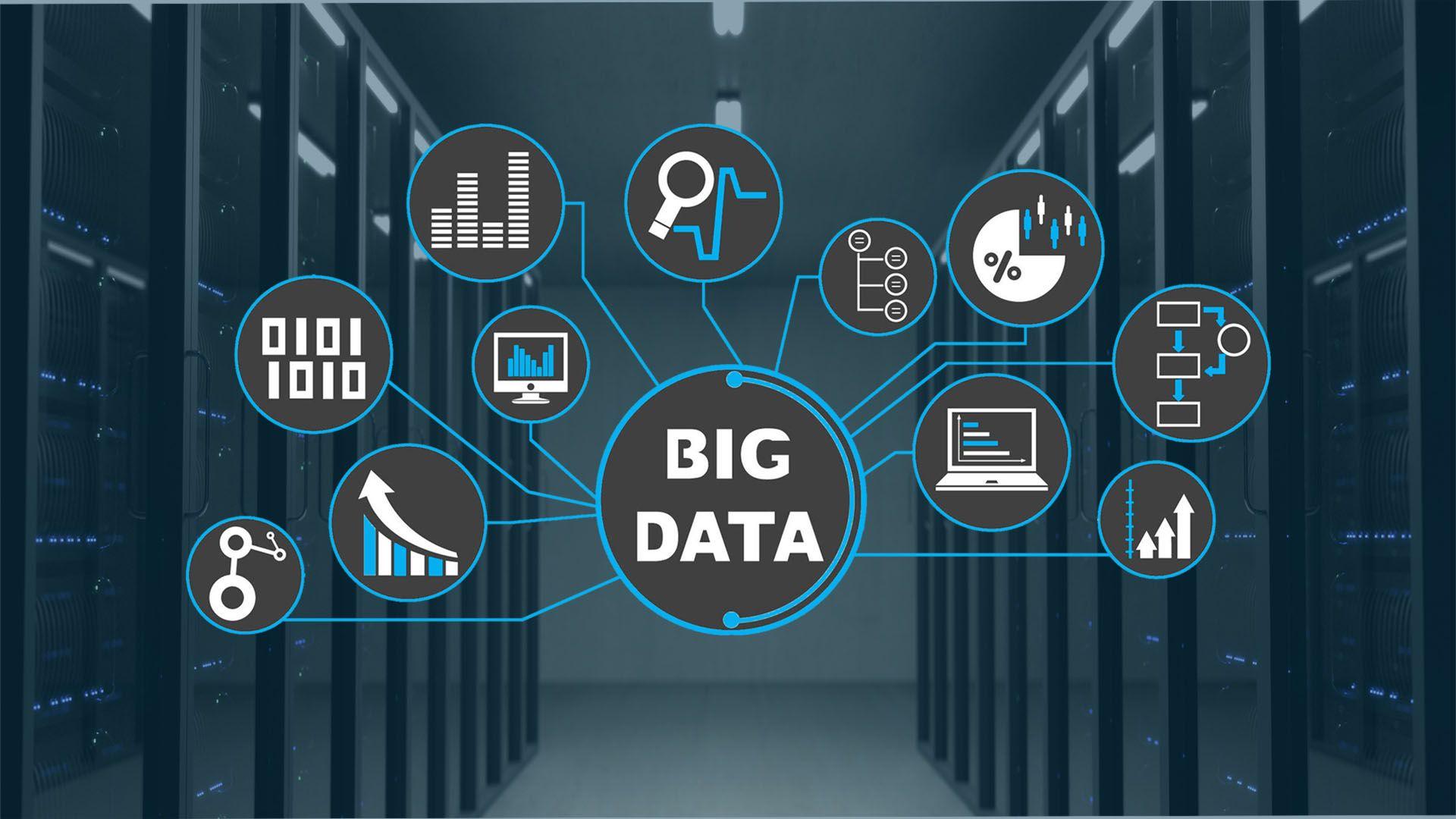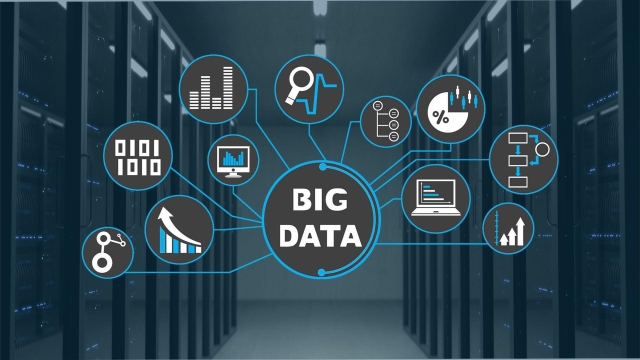
Research and data analysis play a pivotal role in uncovering hidden patterns, revealing insights, and augmenting our understanding of the world. In an era defined by an overwhelming abundance of information, the importance of these practices cannot be stressed enough. By methodically exploring, scrutinizing, and interpreting data, researchers can extract valuable knowledge that can foster progress and inform decision-making. Through the lens of research and data analysis, we embark on an enlightening journey to unravel the intricacies of various phenomena, be it in the realms of science, technology, economics, or social dynamics. As we delve deeper into this captivating field, we begin to comprehend its potential to revolutionize industries, shape policies, and ultimately, enhance our lives in countless ways.
The Importance of Research
Research plays a crucial role in our understanding of the world around us. It enables us to delve deeper into various topics, uncovering valuable insights that can shape our knowledge and decision-making processes. By utilizing research methods, we can gain a comprehensive understanding of complex issues and make informed judgments.
One of the main reasons why research is important is that it allows us to expand our knowledge base. Through the exploration of different sources and gathering of data, researchers contribute to the existing body of knowledge. This continuous pursuit of knowledge leads to advancements in various fields, resulting in scientific breakthroughs, technological innovations, and societal progress.
Moreover, research acts as a pathway to discovery and can challenge existing beliefs and theories. By critically analyzing data and evidence, researchers have the opportunity to question established notions and propose alternative perspectives. This not only enriches our understanding but also encourages intellectual growth and fosters a culture of continuous questioning and learning.
Furthermore, research is essential for making informed decisions. Whether in the realms of business, medicine, or public policy, data analysis and research findings form the basis for strategic planning and effective decision-making. By utilizing research-backed insights, organizations and individuals can minimize risks, optimize outcomes, and ensure that their actions are grounded in evidence rather than assumptions.
In conclusion, research is of paramount importance as it expands our knowledge, challenges existing beliefs, and aids in decision-making. By acknowledging the significance of research and investing in its methodologies, we can uncover valuable insights that have the potential to drive progress and shape our collective future.
Process of Data Analysis
In the process of data analysis, researchers employ various techniques to uncover valuable insights and patterns within datasets. This crucial step allows them to draw meaningful conclusions and make informed decisions based on the collected information.
Firstly, researchers begin by organizing the raw data into a structured format that is suitable for analysis. This involves cleaning and formatting the data, checking for any inconsistencies or missing values, and ensuring its accuracy. Once the data is prepared, researchers can move on to the next stage of the analysis.
The next step involves exploring the data to identify trends, correlations, and other important patterns. Researchers utilize different statistical methods and visualization techniques to gain a comprehensive understanding of the data. This exploration phase allows them to uncover relationships between variables and any potential outliers or anomalies that may require further investigation.
After deriving initial insights from the data, researchers move towards a deeper analysis. They apply advanced techniques, such as regression analysis, clustering, or machine learning algorithms, to draw more robust conclusions. This stage often involves building models or simulations to predict future outcomes or understand complex relationships within the data.
To ensure the validity and reliability of the analysis, researchers often employ rigorous statistical tests and validation procedures. This helps to assess the significance and accuracy of their findings, providing a solid foundation for any conclusions or recommendations made based on the data.
In summary, the process of data analysis involves organizing and cleaning the raw data, exploring and visualizing the information, conducting advanced statistical analysis, and validating the results. This thorough and systematic approach allows researchers to unveil valuable insights and harness the power of research and data analysis.
Applications and Benefits of Data Analysis
In today’s data-driven world, the applications and benefits of data analysis are far-reaching. By analyzing vast amounts of data, valuable insights can be uncovered, leading to informed decision-making and improved outcomes across various industries and sectors.
Enhancing Business Operations: Data analysis plays a crucial role in optimizing business operations. By analyzing sales data, market trends, and customer behavior, companies can identify patterns and make strategic decisions to improve efficiency and profitability. This enables businesses to streamline processes, identify areas for improvement, and ultimately stay ahead of the competition.
Data Analysis ServicesInforming Healthcare Solutions: Data analysis has revolutionized the healthcare industry by providing valuable insights into patient care and treatment outcomes. Through the analysis of patient records, medical research data, and clinical trials, healthcare professionals can identify patterns, predict disease outbreaks, and devise targeted interventions. This leads to more accurate diagnoses, personalized treatment plans, and improved patient outcomes.
Enabling Smart City Development: Data analysis plays a vital role in the development of smart cities. By collecting and analyzing data from various sources such as sensors, social media, and public records, city planners can gain actionable insights into traffic patterns, energy consumption, and urban infrastructure needs. This information can then be used to optimize city services, enhance safety, and create sustainable urban environments for citizens.
In conclusion, the applications and benefits of data analysis are vast and diverse. From improving business operations to informing healthcare solutions and enabling smart city development, the power of data analysis cannot be overstated. By leveraging the insights gained through data analysis, organizations and industries can make more informed decisions, drive innovation, and ultimately achieve their goals.
